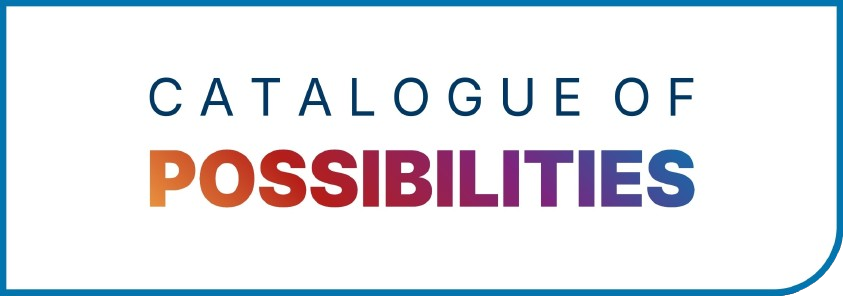Dr Edmond S. L Ho he/him

Senior Lecturer in Machine Learning
Strategic Research Areas
My research interests are mostly related to modelling and analysing human data captured from different sensors under Visual Computing. I have been working on projects in understanding body movements from sensors such as optical Motion Capture (MOCAP) systems, Inertial Measurement Units (IMUs), and Color (RGB) and Depth Videos. I am always interested in how sensor data can be analyzed and lead to a better understanding of human activities. I belong to the Computer Vision and Autonomous Systems (CVAS) research group at the School of Computing Science. My group investigates fundamental issues of how to analyse sensor data and also how to apply this knowledge within practical applications. Our projects cover all aspects of human body modelling in 3D, including animation, human motion and surface modelling, human-human and human-object interactions, pedestrian-vehicle interactions, human motion analysis in healthcare, etc. This approach opens a broad range of application areas such as; creative media, engineering, medicine, textiles & clothing, and military & security. Through the collaborations at the CDT, I would like to explore other potential applications of the sensor-based human movement analysis in other domains as well as further contribute to the scientific novelty in sensor data analysis with other experts.
I have been working closely with clinicians and clinical researchers from NHS since 2018 to analyze infant body movement from RGB videos to automate General Movement Assessment (GMA) which is a non-invasive tool for early prediction of Cerebral Palsy. This is achieved by analysing the body movements extracted from RGB videos using machine learning. Our pilot studies, which include a dataset collected from NHS patients, have led to externally funded projects for upscaling our work in automating GMA and detecting other conditions such as Epilepsy
I am open to supervise different kinds of project, with a special interest in digitizing humans which aligns closely with my ongoing research. I see supervision as a partnership – guiding, supporting, and learning with my students. I aim to mentor through collaboration, i.e. encouraging independence while working closely with students to refine ideas and build strong research foundations. I have 5 PhD students who have graduated (primarily supervised by me) over the last few years, with 4 of them working in AI-related R&D roles in the industry, and 1 of them is working as a Research Manager to facilitate interdisciplinary research in AI at the University of Manchester.
My commitment to Equity, Diversity, and Inclusion is central to how I supervise and conduct research. I aim to create a welcoming environment where students from all backgrounds feel valued, respected, and empowered to contribute their unique perspectives. I actively encourage diversity of thought, experience, and culture in my research group, and I work to remove barriers to participation by promoting fairness, accessibility, and open dialogue. By mentoring collaboratively and equitably, I seek to ensure that every student has the opportunity to grow, thrive, and achieve their potential. My experience in EDI is mostly related to Outreach and Research Practise. For outreach, my interdisciplinary research involves a lot of engagement activities with stakeholders. When we are organizing the Patient and Public Involvement (PPI) activities for my projects in healthcare, we ensure that the underrepresented groups in the community will be reached. I also did the same when delivering a series of public engagement events whit my role of Turing Network Development Award Lead (before joining Glasgow, at Northumbria University in 2022-2023). For research practice, as my research focuses on collecting data from humans, we always aim to incorporate diverse human data in projects to ensure an ethical and fair representation of people in my work.

